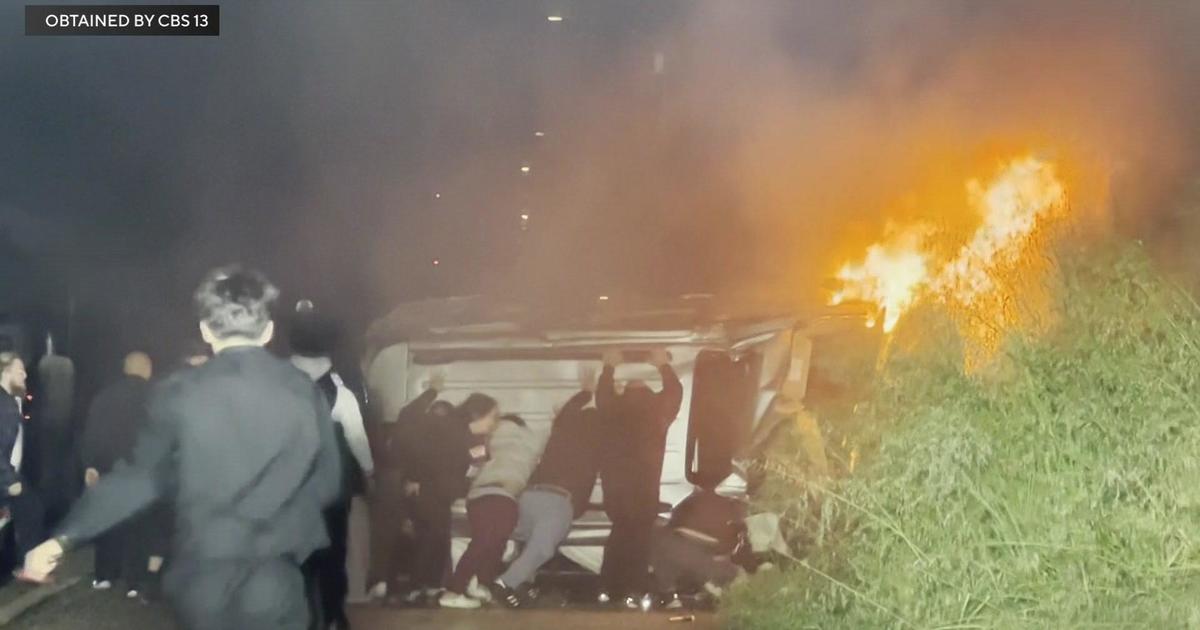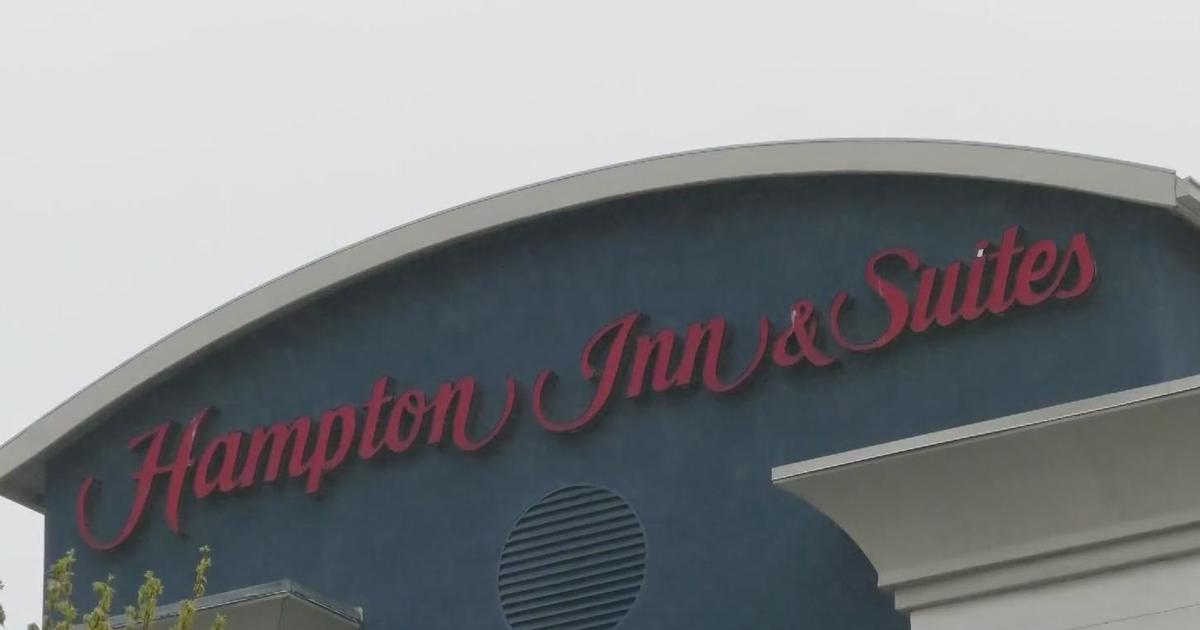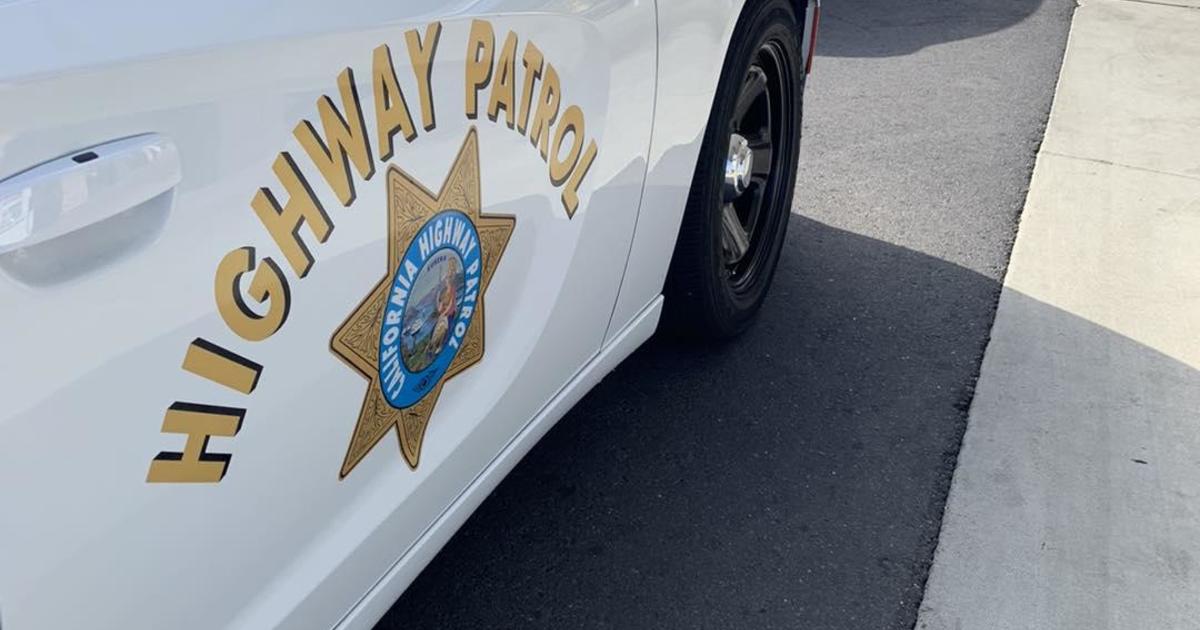Young Mother Who Survived Lung Cancer Wants All Californians to Have Access to Life-Saving Care
When Tabitha Paccione started having coughing fits and severe fatigue in 2015, doctors couldn't figure out why.
For 10 months, doctors were befuddled, and Tabitha received misdiagnoses and ineffective treatments. Finally, after a physician found a tumor on her left lung, Tabitha learned that she had lung cancer. Even worse, it had spread to her bones, liver, lymph nodes and brain.
After that shocking turn of events, Tabitha sought expert care from a comprehensive cancer center, where doctors created a custom treatment plan to combat her disease. Her doctors identified a rare mutation that had triggered her cancer. Within weeks of receiving medication that targeted that mutation, Tabitha was feeling better.
Tabitha's story illustrates the complexity of cancer care. Unlike the management of common diseases such as high blood pressure or diabetes, cancer care is different.
Rapid advances in cancer science have created targeted therapies that have delivered dramatic improvements in survival over the last 25 years. However, too many Californians cannot access the expertise, treatment options and clinical trials that would be optimal for their cancer diagnosis.
To address this, California lawmakers are working to pass the California Cancer Care Equity Act (SB 987), supported by a coalition of leaders across the state fighting for wider access to experts specializing in complex cancer types, innovative clinical trials and advances in personalized cancer diagnosis and treatment.
Tabitha is one of the voices in this fight for cancer care equity.
"Best Shape of My Life"
Before the coughing started, Tabitha was an energetic schoolteacher and soccer mom from Cypress, California. She had always been healthy, watching what she ate and working out regularly. "I was in the best shape of my life," she said.
But fits of coughing came out of nowhere, disrupting her classes and leaving her gasping for air. Her stamina evaporated, and she needed assistance with everyday activities.
After nearly a year of seeking help, Tabitha had collected numerous wrong diagnoses but no relief. Doctors had attributed the coughing to bronchitis, pneumonia, allergies and acid reflux. She was prescribed antibiotics, cough syrup, antihistamines, steroids — yet the coughing persisted.
When a prune-sized nodule appeared on her neck, more doctors and several scans brought more questions than answers.
Finally, a CT scan looking for something else detected a two-inch tumor on Tabitha's left lung. "Lung cancer was the last thing on my mind," she said.
Tabitha was diagnosed with Stage 4 non-small cell lung cancer with metastases to her bones, liver, lymph nodes and brain. She was 35 years old and had never smoked.
Expert Care Brings Trust and a Plan
Ravi Salgia, M.D., Ph.D., has pretty much seen it all.
With over three decades in the trenches battling lung cancer, Dr. Salgia has helped bring about so many breakthroughs in so many areas that he now believes "we're in the middle of a revolution" in cancer care.
Tabitha recalls not only Dr. Salgia's expertise during their first consultation, but his humanity and kind approach as well.
"He has this calming spirit about him," she recalled. "He brought so much peace into the room."
Two days after their first meeting, they pursued a plan of action. Since Tabitha's cancer was Stage 4, Dr. Salgia ordered a nine-hour infusion of the powerful chemotherapy drug Taxol.
The chemotherapy caused toxicity problems and some neuropathy. But Dr. Salgia had a plan for the next course of action.
"We're never content with just one treatment for a patient," he said. "We always aggressively look for the next thing. We're always asking, 'What else, what else, what else?'"
Why Is Cancer Care Different in California?
Thanks to extraordinary medical breakthroughs and care from specialists like Dr. Salgia, a cancer diagnosis is no longer a death sentence for many patients.
Still, too many cancer patients do not benefit from the advances now available — and, sadly, too many die as a result. Less than 50% of California cancer patients have access to care aligned with national guidelines.
Having insurance coverage doesn't guarantee access to the treatment most likely to save your life. In fact, Californians with cancer on Medi-Cal suffer worse outcomes for numerous cancer types than average.
The Cancer Care Is Different coalition wants Californians on Medi-Cal and all forms of insurance to have increased access to optimal care for their cancer diagnosis.
For patients who receive a complex cancer diagnosis, this often includes receiving care from experts specializing in their cancer types. It may also involve access to clinical trials or the latest advances in precision medicine, when diagnoses and treatments are tailored to patients' unique cancer types.
Relief, at Long Last
This type of specialized care is what Tabitha received. Dr. Salgia turned to DNA testing to learn more about Tabitha's cancer. Her disease turned out to be a rare variety that could be treated with a medication known as an ALK inhibitor.
"[Dr. Salgia] was so excited. I could hear him smiling when he told me he had great news, that we had this treatment, and I could take it in pill form!" Tabitha said.
Within weeks of beginning treatment, Tabitha felt like a different person. The tumors began to disappear. Her energy returned. And in late 2019, after three long years, Dr. Salgia told Tabitha she was finally in remission.
"When [Dr. Salgia} told me I was in remission, it was the best feeling ever. Literally every day now I have to pinch myself, I feel so lucky."
Tabitha is now giving back, sharing her story in the hopes it will help ensure more Californians gain access to optimal treatment for their own cancer diagnosis — just like she did.
More than 180,000 Californians are diagnosed with cancer every year, and "everyone deserves a chance at an early diagnosis followed by custom cancer treatments — regardless of how they are insured," she said.
To learn more about the work of Cancer Care Is Different to promote cancer care equity in California, visit www.cancercarediff.org.



